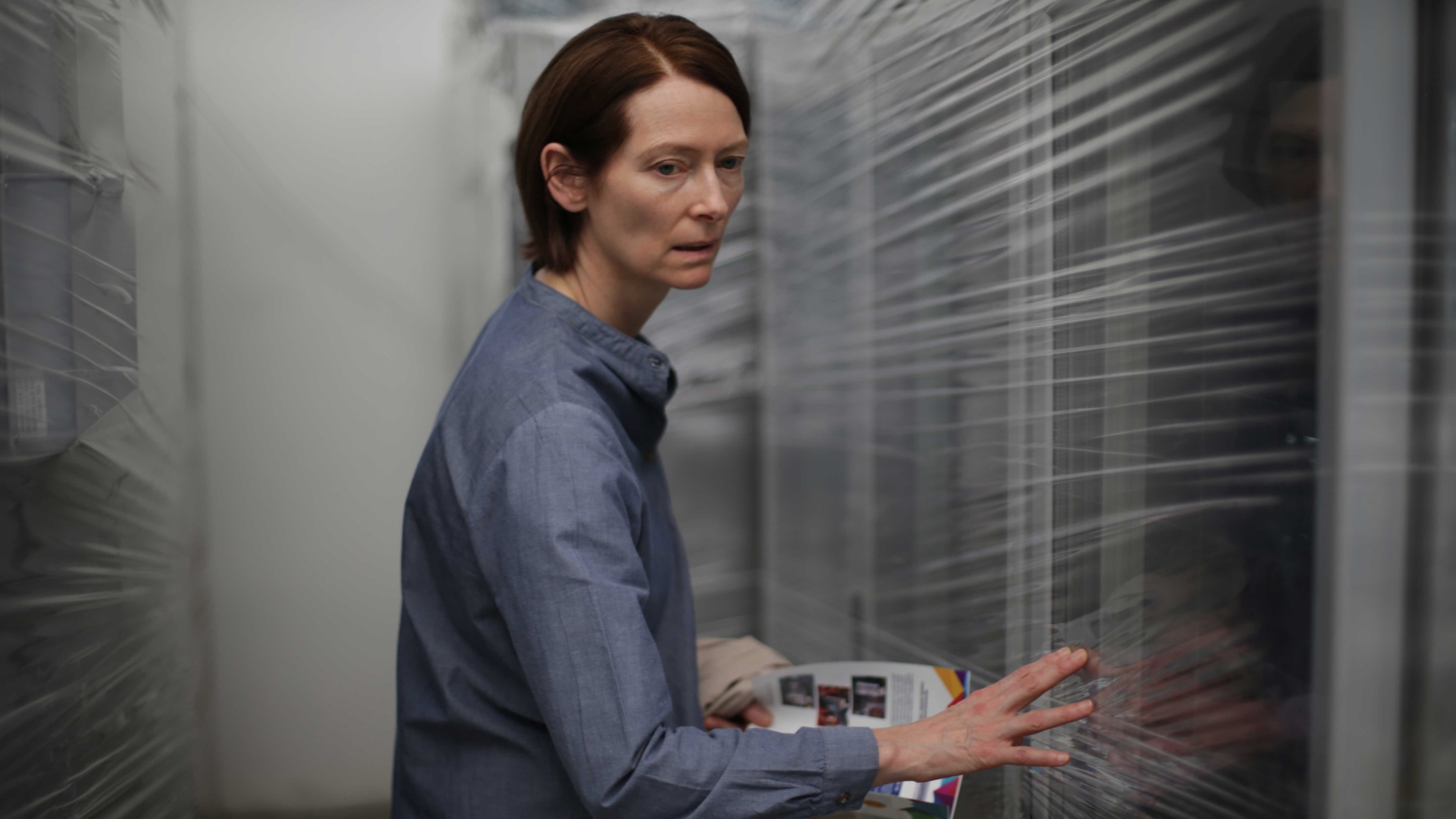
A fall lineup of films at UC Santa Barbara will dive deeply into realms of social anxiety, moral vice and political subversion with a range of free screenings that include a silent-era classic and a Hitchcock noir thriller.
Part of the Carsey-Wolf Center (CWC) public programming, the upcoming Panic! series explores the complex relationship between media, an anxious public and turbulent social, cultural and moral currents.
“The series emerged out of an interest in the ongoing history of efforts to blacklist or otherwise suppress particular films and filmmakers on the grounds that they pose some kind of threat to the political or social order,” said Tyler Morgenstern, the center’s assistant director.
“As the CWC programming team discussed episodes in film history we might like to explore — the Red Scare and the resulting Hollywood blacklist, for instance — we realized that many of the anxieties that fueled these earlier moments of backlash resonated closely with the cultural and moral panics that define our own time, including those focused on Communist infiltration, gender and sexuality, and the corruptibility of impressionable youth,” he added. “This opened the door to focusing on panic as its own theme, and to using cinema as a means of shedding some light on the longer history of such panics, as well as on their tendency to repeat themselves over time."
The center’s history of partnering with UCSB’s Department of Film and Media Studies continues this fall, as well, with “The Carsey-Wolf Center Practicum” undergraduate course in the study of contemporary programming. In addition to the films in the Panic! series, students will focus on Hitchcock’s “Blackmail” (1929), “Notorious” (1946), “Psycho” (1960) and “The Birds” (1963) to study the historical relationship between panic and anxiety on the big screen. The course also covers the dynamics of media distribution, curation and exhibition.
The Panic! series films are open to the public and free to attend. Ticket reservations are recommended.
“Memoria” (2021) stars Oscar-winner Tilda Swinton, who plays a Scottish woman experiencing a strange sensory syndrome in the Colombian jungle. The film’s sound editor, Javier Umpierrez, will join moderator Greg Siegel of the Department of Film and Media Studies for a post-screening discussion. The screening begins at 7 p.m. on October 1 at the Pollock Theater.
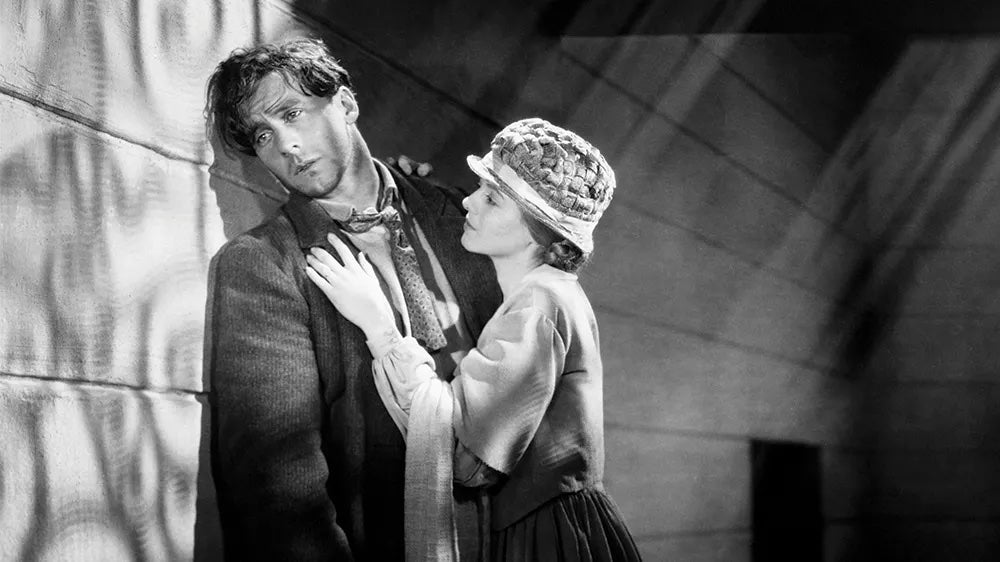
Directed by renowned silent-era German director, producer and writer F.W. Murnau, “Sunrise: A Song of Two Humans” (1927) follows a married farmer who falls for a city woman who plots to have him murder his wife. Author Nicholas Baer will discuss the film with CWC director Patrice Petro following the Oct. 15 screening.
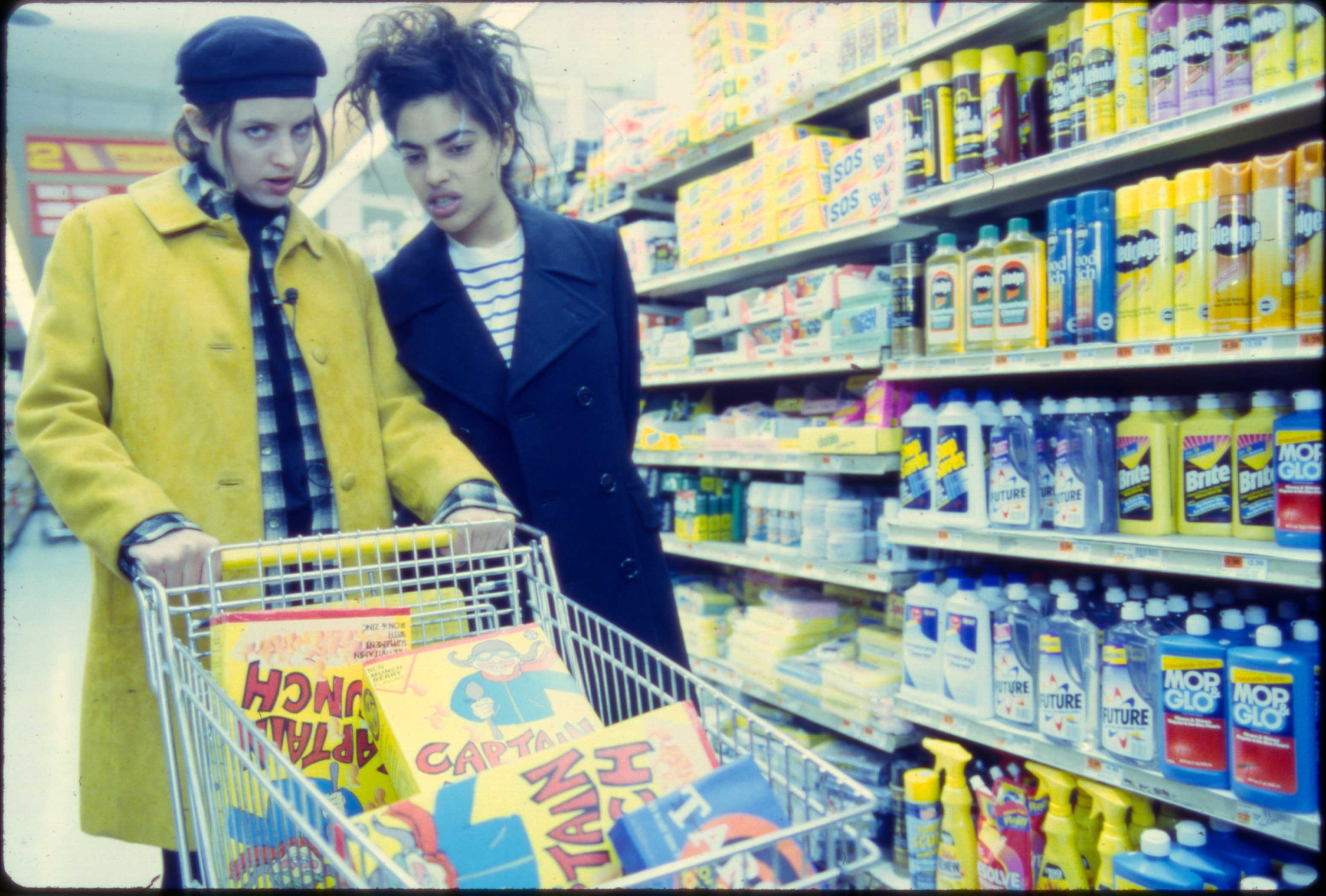
Shot on 35 mm by Taiwanese-American artist and filmmaker Shu Lea Cheang, “Fresh Kill” (1994) screens on Oct. 15. Dubbed an “avant-anarcho eco-satire,” the film follows a lesbian couple with a kid caught in a toxic commodity culture. Cheang will join moderator Jigna Desai, professor and director of UCSB’s Center for Feminist Futures, for a post-screening discussion.
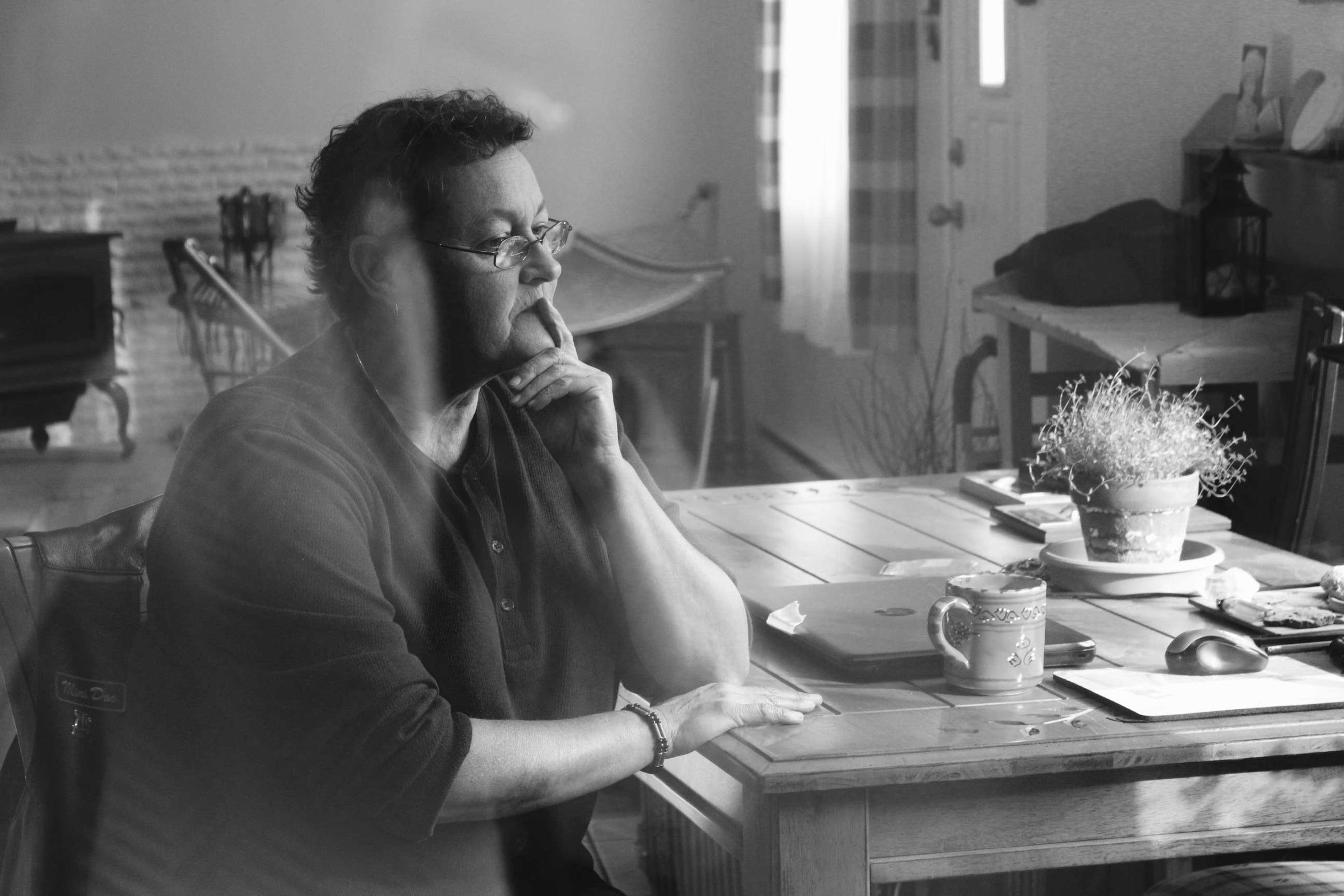
Directed by Canadian filmmaker Sarah Fodey, “The Fruit Machine” (2018) is an investigative documentary about Canada's policy of surveillance and interrogation of 2SLGBQI+ people by the Royal Canadian Mounted Police during the Cold War. Fodey will join Morgenstern after the Oct. 22 screening to discuss the film.
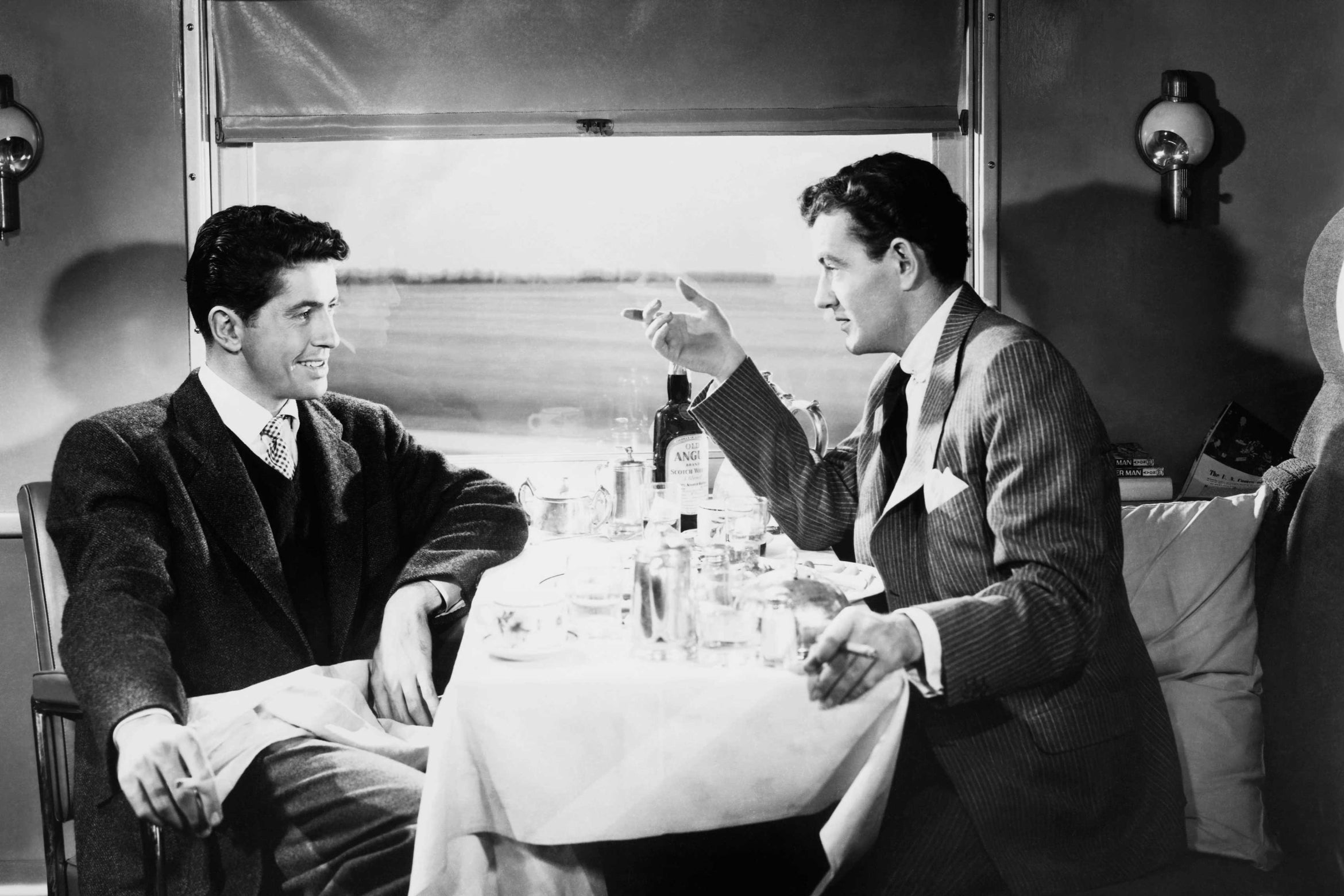
Adapted from the 1950 novel by Patricia Highsmith, “Strangers on a Train” (1951) is an Alfred Hitchcock classic thriller with queer and anti-Communist hysteria subtexts. After the Nov. 16 screening Petro will moderate a discussion with screenwriter and playwright Phyllis Nagy, a professor at the UCLA School of Film, Theater and Television.



